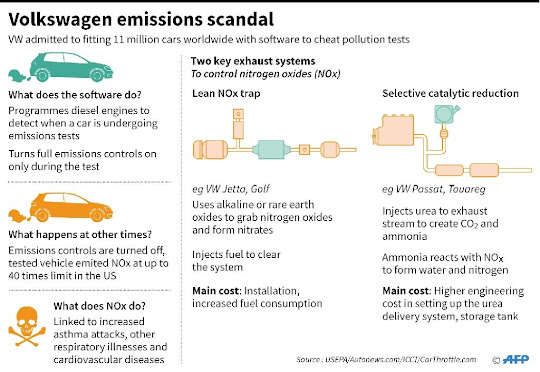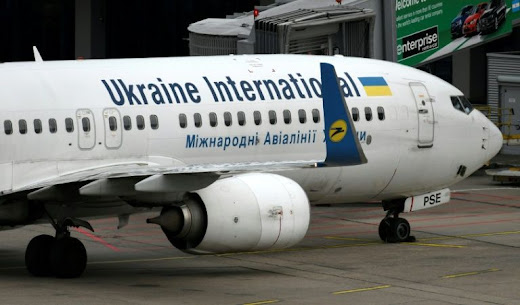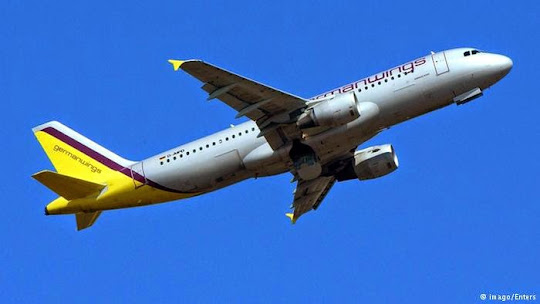Anissa S. Febrina, The Jakarta Post, Jakarta
Imagine Jakarta in 2015.
Some 16.8 million Jakartans step out of mass transit vehicles or private cars and make their way into office buildings, schools, trade centers and malls to start their day.
There are smooth-surfaced streets, colonnaded sidewalks and tree-lined pedestrian sidewalks -- the city shines like a beacon to the rest of the world.
Families live in spartan-looking apartment towers surrounded by parks, or in villas on the suburban fringe.
But everything in life has a price.
In the process of transforming Jakarta into a modern metropolis, more often than not, those who pay the price are the ones who in fact have very limited resources: squatters, kampong people and street traders.
They are the dust that will be swept under the rug.
Comparing the city's current plan to develop Tanah Abang in Central Jakarta as a superblock and the existing condition of the area gives one a pretty clear picture.
Thousands of street and market traders try to make ends meet in the city's most crowded economic center, while thousands of others make the most of their makeshift homes in the alleys of Kebon Kacang.
For outsiders, the word Tanah Abang conjures up images of chaos, but, for its occupants, who are mostly migrants, it symbolizes hope and the dream of surviving in the capital.
In a 20-square-meter makeshift house within a Tanah Abang kampong, Central Java-born Bambang Supriyanto and his nine assistants supply blouses and dresses to kiosks in the neighboring market block.
It only took a small room and a couple of sewing machines to get the business running.
Proximity to the trade center was the sole reason why Bambang rented the house in the kampong. The same goes for the rest of the kampong dwellers.
But, sooner or later, they will have to pay the price for the city's development.
Jakarta's currently revised spatial plan declared Tanah Abang a prospective economic zone, in which an international multifunction area would be developed.
For the city administration and developers, the word "international" quickly leaves the kampong -- which is home to more than 150 small businesses -- out of the picture.
It has not happened, yet, but the master plan has already made the leap to the drawing board at the city Spatial Planning Agency.
The term prospective economic zones is so overused in the spatial plan that it appears to have become meaningless to the Jakarta administration.
In the past three decades, the phrase almost always translates to building superblocks consisting of trade centers, office buildings and high-end apartment blocks.
Most are built after kicking out hundreds of people without proper land documentation, who are deemed illegal squatters by the city administration.
And the evictions are getting fiercer.
The recent eviction of market traders from Pedongkelan, North Jakarta, to make way for a highway project sheds some light on city officials' view of the marginalized.
The traders objected on the grounds the lots they were offered as their new business premise were too small and not strategically located.
Suryantika Sinaga, the head of North Jakarta's small- and medium-scale enterprises agency, responded with: "If they want more land, they should leave Jakarta. They should thank us for giving them a place because, for all this time, they have been occupying someone else's land."
One could easily call those who jump to the defense of the evicted anti-developmentalists.
But development that only benefits a select group is not really development.
Urban development is sustainable if it permanently enhances the capacity of urban society to maintain or improve the quality of life without exhausting non-replaceable resources or damaging the economic, cultural, or natural environment, a 2004 Asian Development Bank report says.
Actually, experts say, the key to the problem lies in just spatial planning.
There is a significant increase in land allocation for "prospective economic areas," which will, by 2010, occupy half of the city.
While settlement areas are shrinking, urban planning expert Bianpoen said the city plan lacked social justice as it continuously evicted the poor to make way for the rich.
Urban planners have repeatedly suggested that the city administration, in facing the problem of slums and squatters, should take a number of new approaches to deal with the issue in a just manner.
The land-sharing method, one of the proposed schemes, was successfully implemented in the city center of Samarinda, East Kalimantan, where 30 percent of the renewed area accommodates the existing population in walk-up apartments.
The land pooling and transferable development rights scheme, which has already been applied in other Asian cities, could also be adopted.
Currently, according to city secretary assistant for welfare, Rohana Manggala, the administration has a number of programs in place to deal with the urban poor.
Efforts range from advocacy for relocated squatters, to help them adopt to life in vertical housing, to direct funding for district development.
"We have also tried to merge the informal sector into superblocks, as we did with the traders and locals evicted during the construction of the Kuningan superblock," Rohana said.
"But, in reality, it is a matter of survival of the fittest," she said.
Perhaps, as Rimbaud said, it is necessary to be absolutely modern. Even if it means continuously sacrificing the class struggle.
Key points of Human Rights Watch's recommendations on issues pertaining to slums and squatters.
1. Impose a moratorium on all evictions carried out on "public order" grounds, until a mechanism can be established whereby independent experts carry out participatory baseline surveys prior to any eviction.
2. Collected information from baseline surveys on the evicted population can be used to design a resettlement program that will leave residents with at least the same standards of living and income levels.
3. Jakarta ordinance No. 11/1988 on public order may require revision.
4. Conform eviction processes to international standards where it should never render individuals homeless or vulnerable to the violation of other human rights.
5. If the government wants to offer alternative land, aim to use sites as close as possible to the original area, and ensure that alternative sites offer residents adequate opportunities to continue existing livelihood activities.
6. Evictions should not occur during the school year or at times when the displacement of families will interrupt children's education. Compensation should cover fees associated with changing schools.
7. Minimize use of force.
8. Consider broader city planning reforms.
Source: www.hrw.org





